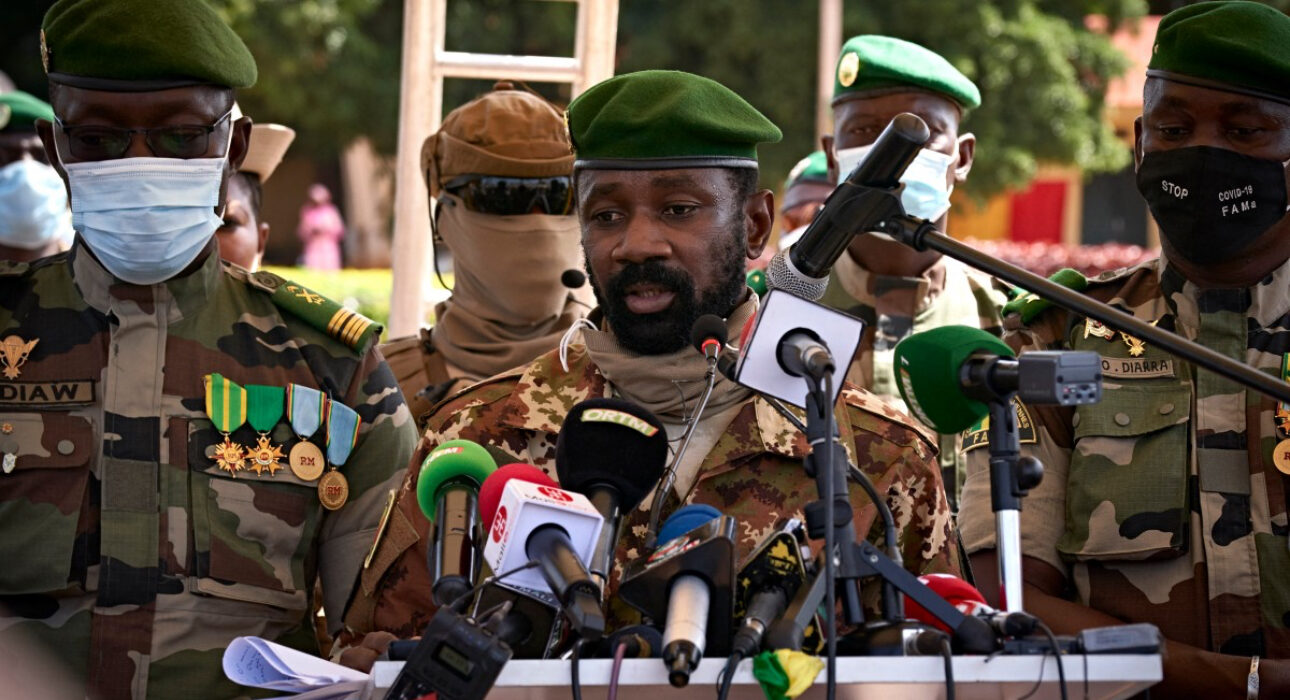Mali’s President Assimi Goïta Grants Self Perpetual Tenure in Power

In a dramatic consolidation of power, Mali’s transitional president and coup leader, General Assimi Goïta, has officially granted himself an indefinite stay in office, following the approval and signing of a controversial new law that removes term limits and bypasses electoral requirements.
The legislation, signed into law by Goïta on July 10, 2025, gives him a five-year presidential mandate—renewable as many times as he deems necessary—without elections. This development marks a sharp departure from earlier promises of democratic transition, and has raised serious concerns about the future of governance in the West African nation.
The move followed recommendations made during a junta-backed national dialogue conference held in April 2025. Delegates at the forum, many aligned with the military government, called for Goïta to remain in power in order to “restore security” and “stabilize the country.”
The justification cited the ongoing threat posed by jihadist insurgents and the need for continuity in leadership.
Subsequently, the Council of Ministers and Mali’s transitional legislature—the National Transitional Council (NTC)—approved the proposal with overwhelming support. Out of 147 members, 131 voted in favor of the bill, effectively enshrining Goïta’s indefinite rule into law.
This legislative action comes just months after the junta moved to silence political opposition. In May 2025, the government suspended and later dissolved all political parties and associations, citing “state security” concerns. Opposition voices were further muzzled through arrests and abductions, with civil society groups reporting the disappearance of outspoken critics of the regime.
The international community has reacted with growing alarm. Both the Economic Community of West African States (ECOWAS) and the African Union have previously pressured Mali’s junta to organize elections and return to civilian rule. Goïta, who first took power in an August 2020 coup and staged a second in May 2021, had initially pledged to hand over power by March 2024. That timeline has now been discarded.
Critics argue that the latest developments represent the full entrenchment of a military dictatorship. “Democracy in Mali has been indefinitely postponed,” one Bamako-based analyst said, warning that the new law has effectively created a legal framework for autocracy.
Despite growing calls for accountability, the military government insists that the indefinite extension is necessary to restore order and rebuild institutions.
However, many in Mali’s civil society reject that claim, pointing instead to rising repression and the absence of political freedoms.
With all electoral processes suspended and political structures dismantled, Mali now finds itself in a precarious position—governed by a regime with absolute power, and with no clear path back to democracy.
As of now, there is no scheduled date for elections, no functioning political parties, and no term limit for Mali’s president. General Goïta’s rule is poised to continue indefinitely, under the shadow of a law he enacted himself.









